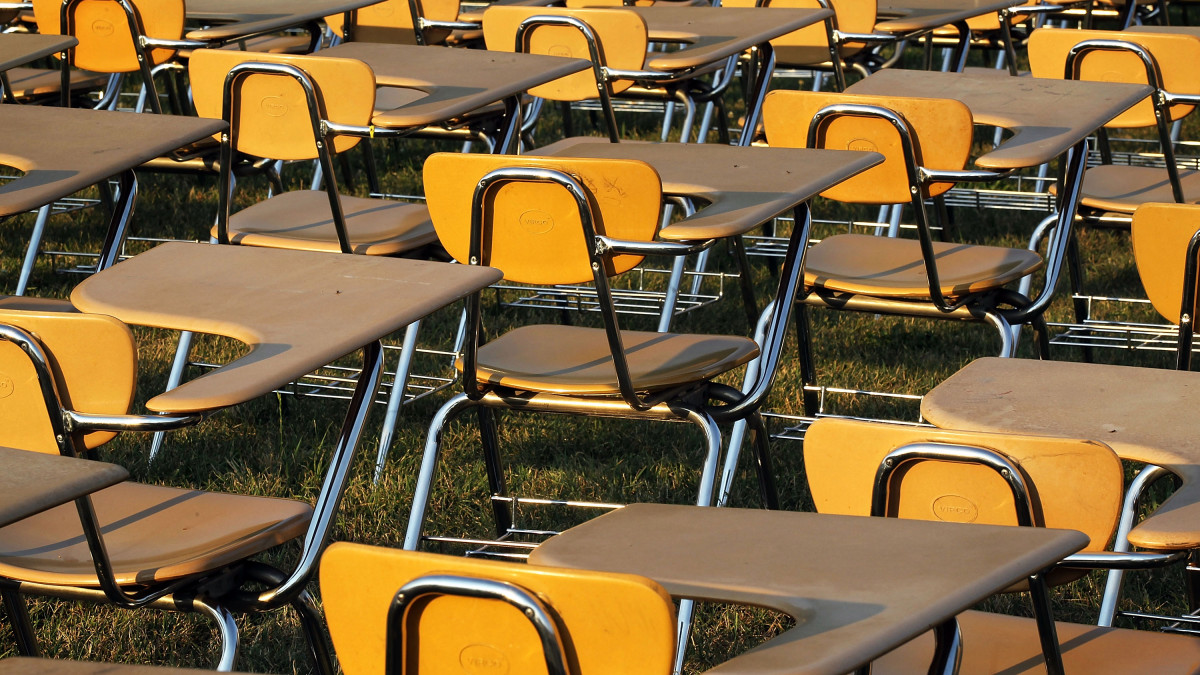The coronavirus (COVID19) is instantly changing the way education is delivered, as school and home now become one place after health policies dictated by most governments. According to UNESCO, more than 862 million children and young people in 119 countries have been affected by having to face the global pandemic that has impacted us.
Many of the measures adopted by the Ministries of Education of the countries in Latin America, above all, reveal the limitations on the part of a large number of families, since, for many, it turns out to be a complication, while for others, the situation is even more worrying. In countries where 70% of students come from low-income families, taking school home means facing up to not being able to offer adequate meals, let alone the technology or connectivity necessary for online learning. The reality is that most schools are not prepared for this change that allows us to recognize that unequal access to the internet is just one of the many problems facing our education system globally.
According to the World Economic Forum, only around 60% of the world population has access to the internet, encouraging many schools and universities to search for provisional innovative solutions to this crisis, such as the Costa Rican education system (public and private) which had to seek the technological means that quickly gave them a temporary solution (e-learning platforms, conference rooms, or the most practical WhatApp in many latitudes).
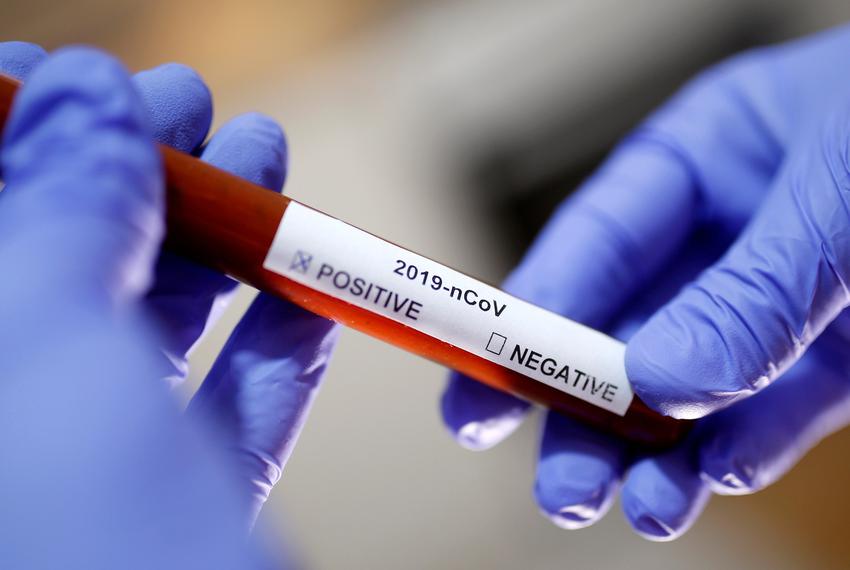
As a result, many questions arise that tend to unequally affect those who are disadvantaged. The support that will be provided, for example, to thousands of single mothers who need open schools because they have to work and that because of the type of work, their employer does not allow them to work from home, many families who will have to learn to guide the education of their children at home, or those children who depended on the food provided in schools.
Further; These difficulties have also been replicated, not only in primary or basic education, but in thousands of universities that have had to close their classrooms due to this pandemic. Harvard, Cambridge, MIT, UCLA, to name just a few institutions they have joined, paused all face-to-face classes, academic events, and other services, to trade them for online lectures and lectures. As a result, thousands of higher education students around the world have had to leave their campuses following the eviction notice that has taken many without available resources or options. All these measures were taken after the declared state of emergency in different countries.
"The biggest change virtual learning requires is flexibility and the recognition that a school's controlled structure is not replicable online." - Noah Dougherty (Education Elements)
In a matter of weeks, the way students learn has changed, and just these transformations give us a glimpse of the equity failures that education systems continue to present, even in the most privileged circles. The World Economic Forum states that this pandemic becomes an opportunity to remind us of the skills that our students need just in crisis like these, thus being informed decision-making, creative problem solving and, above all, adaptability. To ensure that those skills remain a priority for all students, resilience must also be integrated into our educational systems.
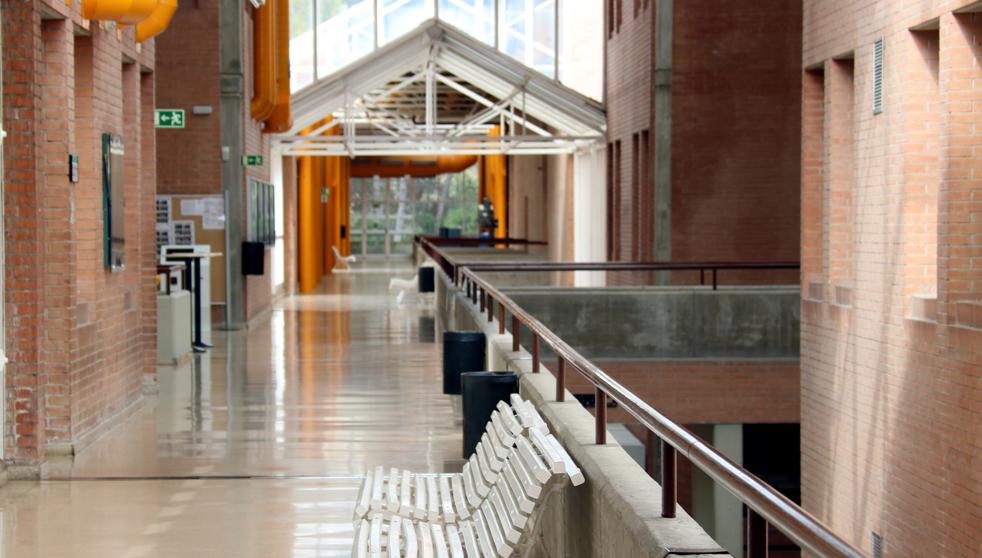
The digitization of education
For more deadlines that the authorities in the matter of Education grant in Latin America and in the world to order the ideas of how to advance virtually, we are definitely in a moment of inflection of which there is no turning back: the digital educational revolution.
I suggest that the authorities of the sector, both public and private, review the traditional model and reinvent a new model that will be the basis for the new professionals of the 21st century from this second decade, where we are in full health situations that impact the world in all scopes, which was difficult to forecast a few months ago.
It is a fact that educational and university institutions will have to acquire the complete package of creativity, innovation and knowledge from society, starting from its strengths as a measure of containment and guidance in the face of new and surprising situations that we will be experiencing day by day according to world evolution From this moment. They will have to connect with the digital world and model a different methodology for these types of channels that will now be virtual.
By this I mean that pedagogical traditionalism does not respond to the cognitive dynamism that characterizes 21st century learning in progress and transformation. Metacognitive learning skills through technological resources break the static patterns of traditional teaching.
On the other hand; e-learning platforms are a response to the learning demands that the traditional teacher is not achieving in the classroom. Then, the traditional teacher must reinvent his educational field of action and implement new technological teaching resources to enhance the dynamic intelligence of the new student model immersed in digitization. Unlike traditional teaching that feeds by far two sensory channels: the visual and auditory; virtual platforms are a support to generate hypercognitivism in people, synaptically stimulating learning.
Teaching has the challenge of managing an intellectual culture that helps the student to display capacities for teamwork, creative thinking, critical intelligence (ability to discern between information and ideological indoctrination, flatly rejected), social skills, thinking proactive, to design solutions appropriately managing the available information, self-esteem, social empathy, among many other aspects.
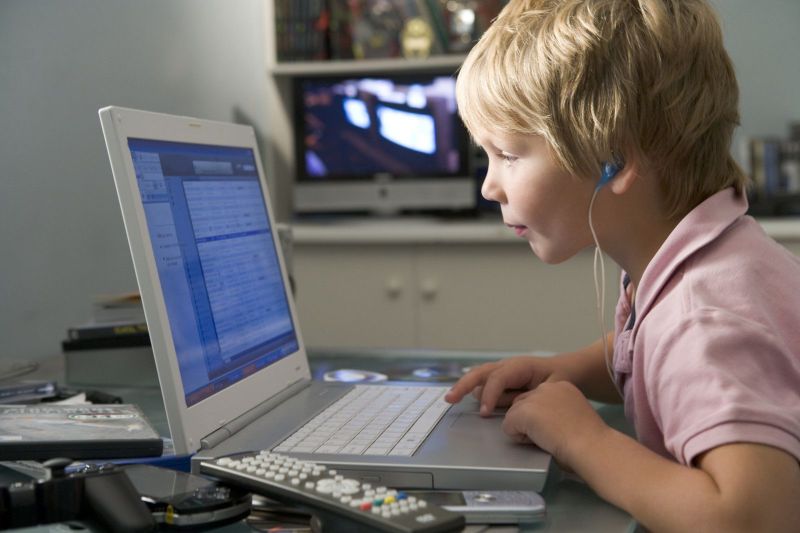
Unfortunately, it has been the global crisis that we are facing through COVID-19 that has prompted many to rethink virtual education alternatives. Adapting to digital change and creating technological resources for learning must have been a central issue in the design of pedagogical models. But now may be the right time to change and reframe, asking the right questions to get the right answers, and supporting the new pedagogical model (because of COVID19). A big plus for the virus.
To finish, I suggest the creation of a research laboratory in educational technologies which should consider the implementation of artificial intelligence, augmented reality, educational neuroscience, education science (strictly speaking), information technology, etc. The end result should be new technological resources applied to learning.
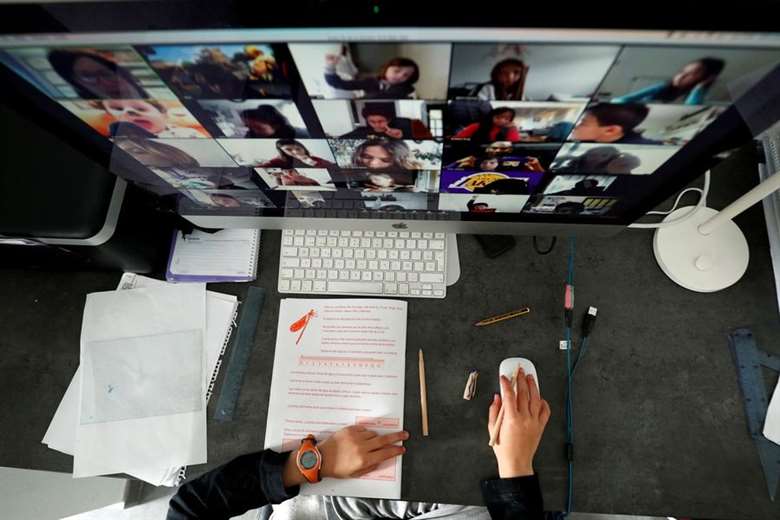
I WOULD LIKE TO KNOW YOUR IDEAS IN THIS MEANING
